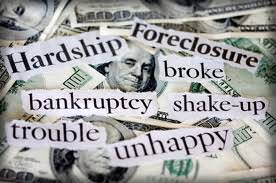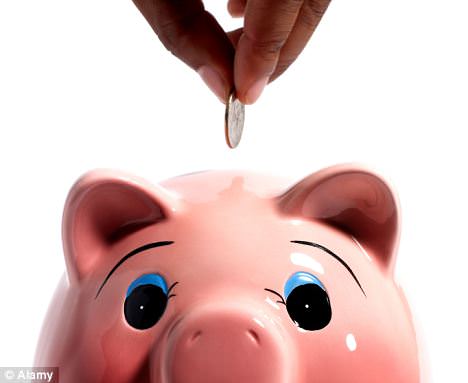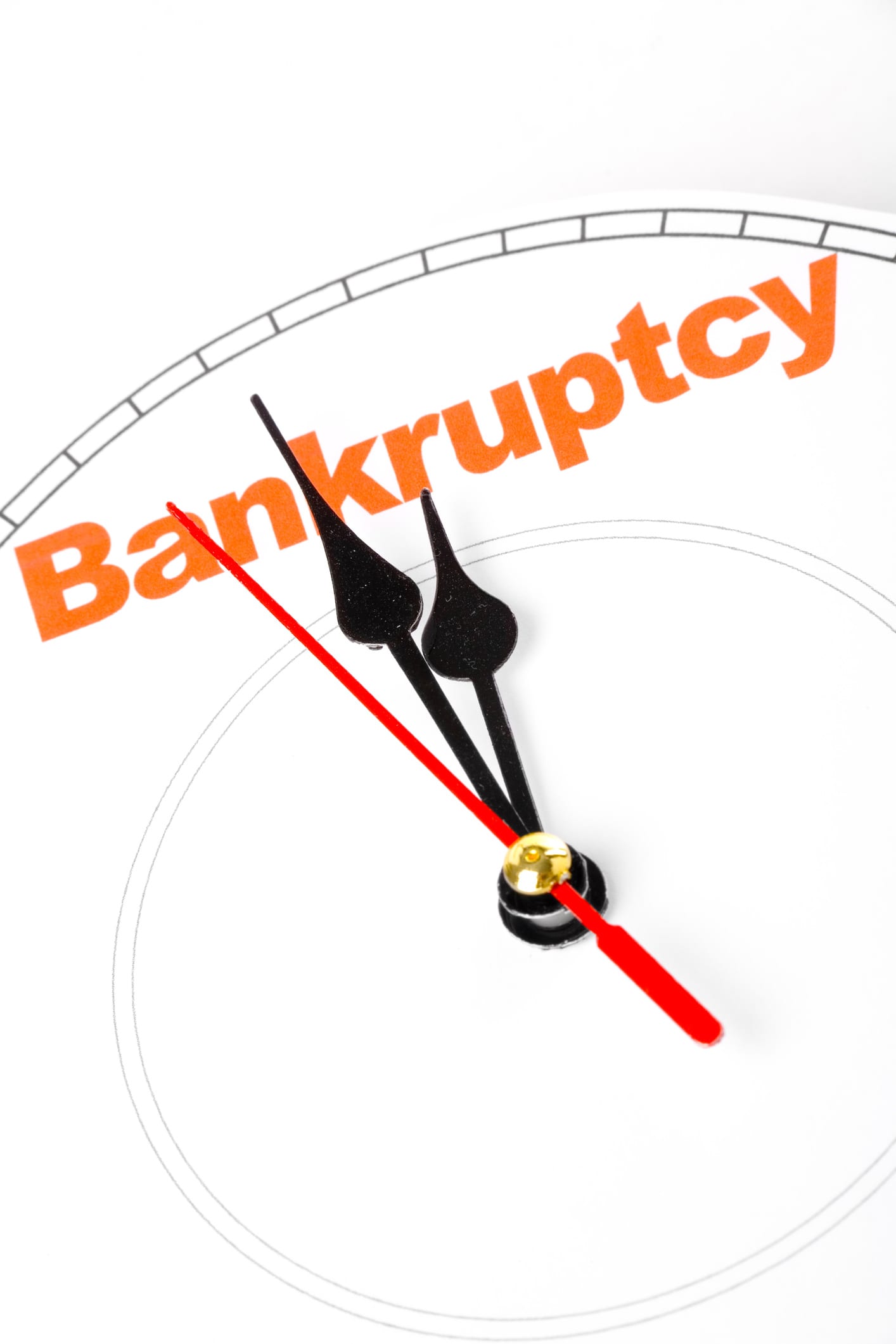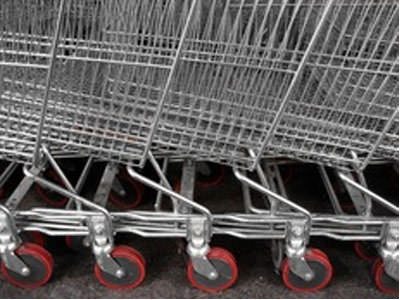You can adopt a few habits and avoid certain financial products to stay in control of your personal finances. Read this article for some helpful tips for preventing bad financial situations.
How to Make a Bad Financial Situations
 Live on a budget. Limit yourself if necessary by keeping track of everything you spend. Go over your receipts and bank statement to get a better idea of what is costing you money and create bad financial situations. Perhaps you could save a lot if you quit smoking or started cooking more at home, instead of going to fast food restaurants. Do your best to save energy and reduce your utilities as much as possible. If you find that you cannot afford something, find an alternative. For instance, you could cancel the lease on your current vehicle and get a more affordable one instead.
Live on a budget. Limit yourself if necessary by keeping track of everything you spend. Go over your receipts and bank statement to get a better idea of what is costing you money and create bad financial situations. Perhaps you could save a lot if you quit smoking or started cooking more at home, instead of going to fast food restaurants. Do your best to save energy and reduce your utilities as much as possible. If you find that you cannot afford something, find an alternative. For instance, you could cancel the lease on your current vehicle and get a more affordable one instead.
Put some money aside every month. Open up a savings account, and make sure you have enough money in it to pay the deductibles for your different insurance policies in case something happens. If you do not have insurance, put enough money aside to cover unexpected expenses such as medical bills. For emergencies, you should have a savings account that can be accessed right away. You should limit your daily expenses by sticking to a budget that includes the money you need to put aside every month for your savings account.
Once you have enough money to cover emergencies, think about opening another savings account or investing in other products to save money for projects such as buying a home or a new vehicle. Put your money in a savings account with a good interest rate or invest in stocks, bonds, foreign currencies or real estate. Make sure an investment is safe and protect your money by creating a very diverse portfolio. Take the time to learn more about investing or find a financial adviser you can trust to manage your finances.
You should stay away from credit cards unless the rewards program actually helps you save money. Using a credit card means you will be tempted to overspend while shopping and you will pay high interest rates at the end of the month. By using a credit card you are taking the risk of finding yourself overwhelmed and missing payments, which means you will may end up in debt. Think carefully before applying for a credit card and do the math; you will probably find no benefit in using a credit card. If you already have credit cards, you should pay your highest balance first to keep interests from adding up.
Applying for financial products such as payday loans could ruin your finances and create bad financial situations. If you find yourself needing some cash right away, find out if your friends, family or employer can help you. A payday loan will end up costing you a lot because of high interest rates and hidden fees. You should always do some research before applying for a loan or investing in any kind of financial product. Think about your decision, and do the math to make sure this is a smart financial move.
You should start by going over your finances and figuring out a budget for yourself. Taking control of your personal finances can be a lot of work, but it will be worth it.









